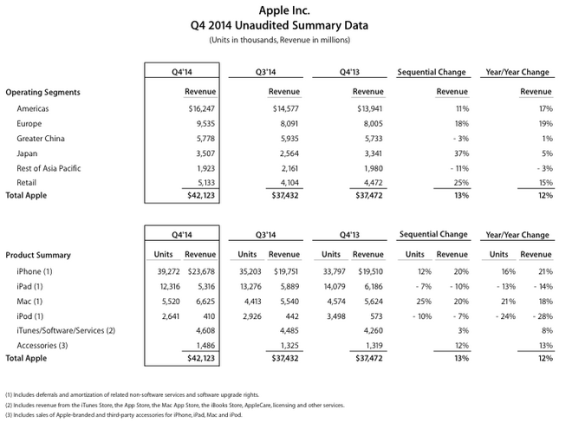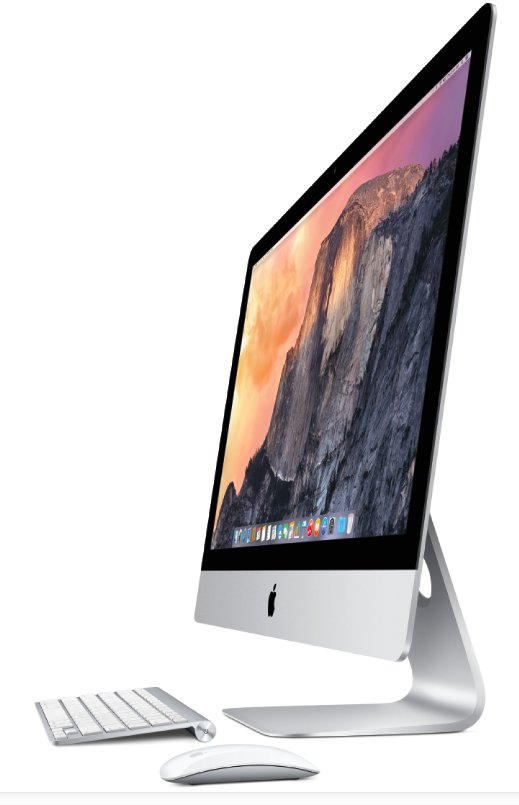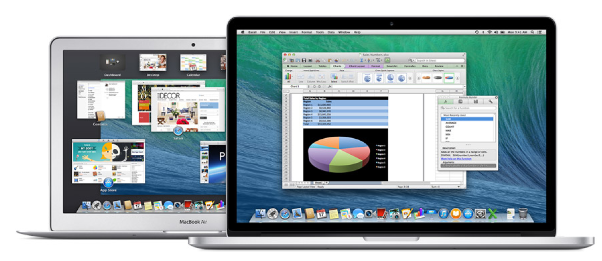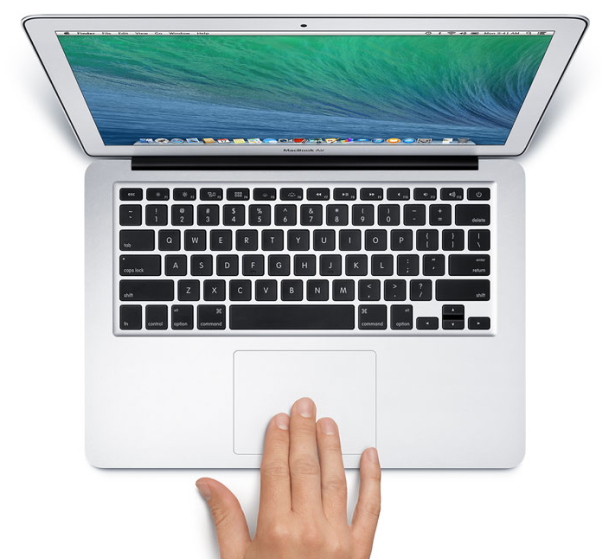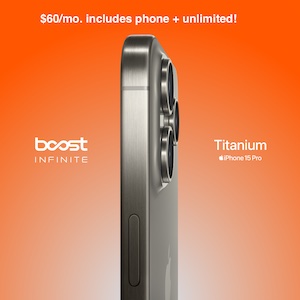What Post PC Era? – The Mac Bounces Back, Big Time – The ‘Book Mystique
Apple’s fiscal Q4 2014 was an all-time record quarter for Mac sales, with 5.5 million units shipped, representing nearly one million more sales (+21 percent, + 25 percent sequentially) than Apple recorded in the same quarter of 2013. Mac revenues were $6.6 billion in the quarter — an 18 percent year-over-year increase. Overall Mac sales were 5.52 million, as compared to 4.413 million in Q3 and 4.574 million in Q4 2013, giving Apple its highest PC market share since 1995. Not so long ago relegated to wallflower status, Mac Q4 revenues of $6.625 billion are now second (albeit distant) only to $23.678 billion in iPhone revenues among Apple’s product categories, with the iPad trailing at $5.316 billion.
And that was before the announcement of the seriously beguiling 27-inch iMac with Retina 5K Display.
Apple attributed the preponderance of new Macs sales to unanticipated demand for its MacBook Air and Pro models, with global double-digit growth in Mac sales globally, up a whopping 46 percent in emerging markets.
This robust Mac sales performance comes nearly five years after the late Steve Jobs declared that release of the original iPad in March, 2010 marked the launch of the “Post PC Era,” and in fact Mac revenues had outstripped iPad revenues over the previous two quarters, while Mac market share has grown in 33 out of the last 34 fiscal quarters.
I’m a big iPad fan too, but as owner of a Mid-2013 model Haswell MacBook Air, I have no trouble understanding why Apple’s MacBooks are selling briskly. For one thing, the hardware is superb great-looking and a tactile pleasure to handle. Apple laptop keyboards and trackpads are the best in the industry. No touchscreens? Who really wants to reach past a keyboard and trackpad to paw at a vertically-oriented laptop screen, leaving it smeared with dermal oils? I’m comfortable with touchscreens in handheld devices, but never miss them on my laptops.
The Air is the best PC I’ve ever owned, at least as a relatively new machine, and that’s as the latest in a string of really good Apple laptops starting with a PowerBook 5300 back in 1996, PowerBook 1400cs, a WallStreet PowerBook G3, three PowerBook G3 Pismos — all upgraded to G4 via simple processor daughtercard swaps, an iBook G3, a 17-inch PowerBook G4, and an aluminum unibody MacBook. All have been excellent tools; even the much-maligned 5300, which had some issues to be sure, but served me well.
And of course a constant through all that has been successive permutations of the Mac OS, starting with System 7.2 on the 5300 all the way up to OS X 10.9 Mavericks at this writing. Reports of apparently widespread WiFi stability problems with the final release build of Yosemite have deterred me from upgrading to OS X 10.10 so far, and I’ll probably wait for the first bugfix update.
However, in summary, I can say it has been neither Apple’s sublime hardware nor the superb Mac operating systems alone that have kept me coming back, but both functioning together in elegant, integrated harmony.
Seeking Alpha blogger Sean Chandler notes that Apple has benefited from Microsoft’s “failing” Windows 8 operating system and a general stabilizing PC market, but 21 percent Mac unit sales growth goes well beyond the 1.7% decline that the IDC estimated earlier this month. Many Apple has been able to benefit from Microsoft’s failing Windows 8 operating system in addition to the stabilizing PC market. However, Apple is still defying the trends with its 21 percent Mac unit sales growth somewhat spectacularly bucking the trend of a general 1.7 percent sales decline that IDC market analysts projected earlier this month.
Chandler explains the phenomenon thusly: “Many users who are switching to Macs (like me) are fed up with Microsoft’s clunky operating systems and would rather just opt in for the simple, renowned Apple experience that just works seamlessly. While Microsoft may be finally getting it, as Windows 10 looks like a redemption of Windows 8, the new operating system won’t be due until late 2015.”
And he observes that he can discern no near-term problems that would stop Apple from building market share, exploiting the several advantages it enjoys relative to Microsoft with Windows, such as not having to rely on OEM partners to produce hardware for its operating systems to run on, and it’s vertical integration control of both hardware and software development protect it from the product quality shortcomings some PC OEMs are infamous for. Moreover, Apple has an ecosystem of products including a prosperous smartphone component enabling features like the ability to synchronize files in real time, send and receive SMS text messages, and make phone calls straight from your Mac with OS X Yosemite and iOS 8 devices working in tandem.
That’s a level of seamless synergy that simply can’t be matched by either Microsoft or Google. Not to mention the Apple ecosystem’s relative freedom from the malware onslaught that plagues the Windows and Android experience. Some chafe at the tight, almost excessive control Apple imposes, especially on its iOS walled garden, but it can’t be denied that it keeps viruses and Trojans at bay.
It appears that these Mac advantages, which are not new, are finally being appreciated by a substantial cohort of computer users, no doubt partly because of a halo effect associated with the iPhone and iPad which have expanded Apple-consciousness exponentially over the past seven years.
Better late than never. However, while it’s gratifying to finally see the Mac, and as a consummate laptop aficionado, especially the MacBooks, finally achieving the mainstream accolades and popularity it deserves, I’m still convinced that the iOS represents the future of personal computing more accurately than does OS X. I expect features convergence to continue, and anticipate that there will be Macs running full-featured desktop operating systems available well into the future, but increasingly as machines for advanced professionals using them for things like video editing, high-end image creation, and other categories of production work.
Notwithstanding the sales growth slump iPads have been in over Apple’s last three fiscal quarters, I think that’s most probably a temporary “correction” as the iPad platform makes its inevitable transition from latest big thing to mature product category with a return to more modest but steady growth.
If the rumored large-screen iPad Pro arrives as widely expected in the first half of 2015, it will be interesting to watch how that affects Mac sales. As much fun as it is to see the Mac logging a quarter of 21 percent growth, that pace is unlikely to prove sustainable, especially after iPad growth resumes.
